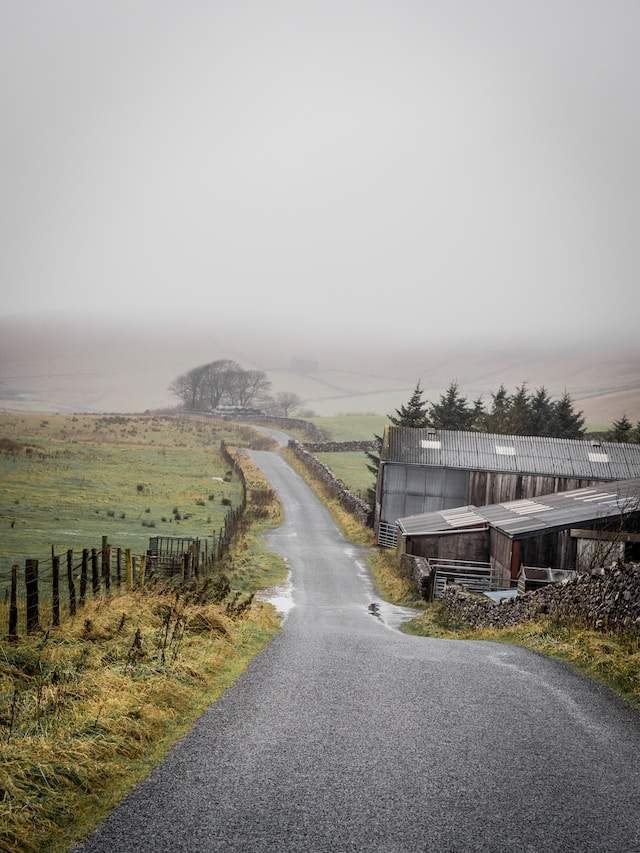Farmers never retire. But they are thinking about their future.

In a 2020 study by NFU and University of Exeter, 80% of farmers said they would never fully retire. That sounds very familiar to many of us who live in farming communities.
But whilst retirement may not be in your plans, it’s wise to put in place a plan to ensure your farm can continue during your lifetime, and beyond.
In the NFU study, Professor Matt Lobley commented that farmers are far more aware of succession planning than 10-15 years ago, but the ‘thinking about it’ needs to move to actually ‘doing something about it’.
Through a series of blogs we’ll talk you through the things you need to consider so that life in your older years is managed and planned for, and that your farming business continues to benefit future generations.
To get you started here’s our handy checklist:
1. Do you have a will in place and is it up-to-date?
- Does it ensure that the farm business can continue when you pass away?
- Does it protect your spouse and / or any dependents that work on the farm?
- Is it structured in the right way to ensure that your wishes are considered?
2. Do you have a Lasting Power of Attorney in place?
This will ensure that the farm can continue to be managed by people you trust if you can no longer make decisions yourself.
3. Will there be inheritance tax payable because of your death?
Have you taken the necessary advice to plan for this and mitigate this if appropriate?
4. Who owns the farm and the farmland?
Is it owned by you personally, or as part of a business? Is it correctly accounted for on your tax returns?
5. Are you a sole trader or in a partnership, or do you hold shares in a company?
Is this the right structure for your business going forward? Are there any formal agreements in place that act as a rule book?
6. Who is involved with the farm: is it a family enterprise or are others involved?
Does anyone have any rights over the farm, or have you made any promises in respect of the farm?
7. Is the land let to you or by you?
Is there an agreement in place? Do you know what type of agreement it is and your rights and your family’s rights under the agreement?
8. Has your land been registered with HM Land Registry to prevent any disputes regarding boundaries and certain rights in the future?
Start to mull these issues over. Many seem a little overwhelming, a lot to do. But you’re not alone; many farmers feel like this – we’d hazard a guess that most farmers feel like this. The NFU report again:
“It’s all a bit daunting; thinking about handing over management of the business – it reminds people they’re getting old.”
We’ll be back with more information on each of these steps. And if you want to get things moving along, contact Jenny Barron on jenny.barron@awbclaw.co.uk or 01756 692866.
15 November 2023

Further reading:
The benefits of land registration for rural landowners
Why farmers should know all about proprietary estoppel
What are Rural England Prosperity Fund grants? And can you get one?
The ELM and CS grants Yorkshire Dales farmers are applying for most
NFU / University of Exeter study
Less than a fifth of farmers plan to fully retire, new university study finds
